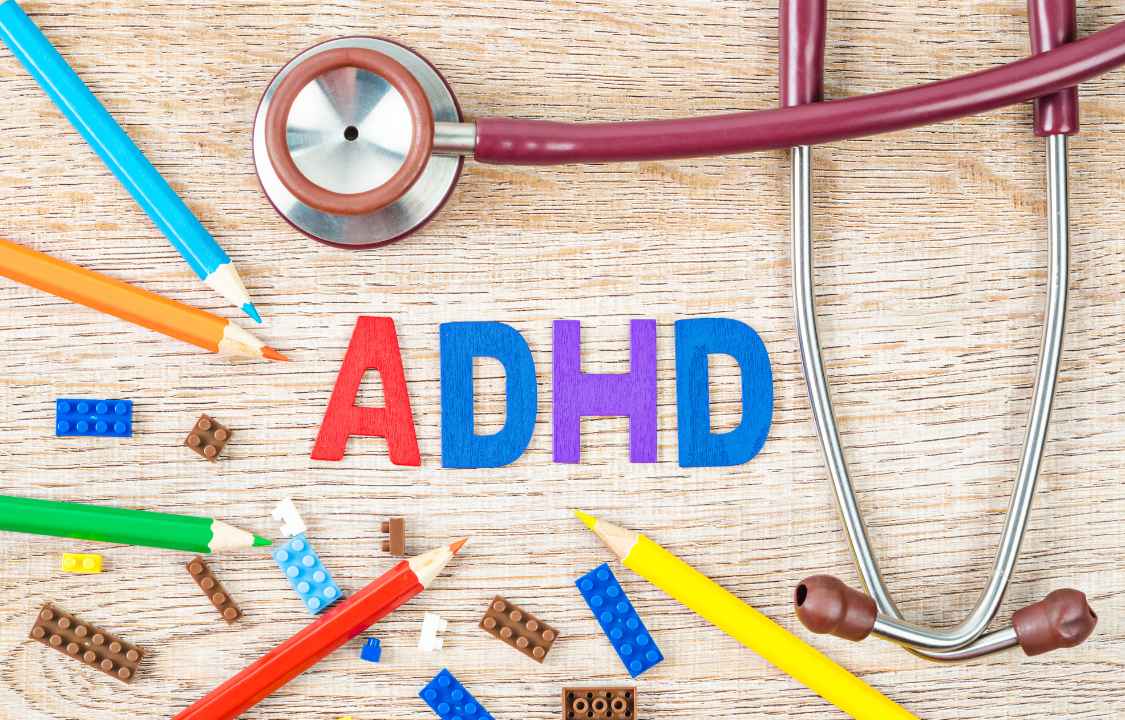Disorder, Mental Health
What Type of Doctor Should My Child See for ADHD?
Discovering that your child has Attention Deficit Hyperactivity Disorder (ADHD) can be a pivotal moment in your parenting journey. In this challenging landscape, a team of dedicated professionals plays a vital role in guiding your child towards the right treatment, enhancing their behavior at school and home, and fostering personal growth. Understanding the roles and expertise of each team member within this comprehensive network is essential for navigating the complexities of ADHD management effectively. This collaborative approach is designed to tailor interventions to your child’s unique needs, recognizing that there is no one-size-fits-all solution for a condition as multifaceted as ADHD.
1. Pediatrician: Navigating the Initial Steps
Your child’s pediatrician, who typically oversees their overall health and well-being, is often the first point of contact for addressing ADHD concerns. These medical professionals employ evidence-based guidelines from the American Academy of Pediatrics to chart a course of action that aligns with your child’s age and specific needs. For children between the ages of 4 and 5, the initial strategy frequently involves behavior therapy. In cases involving children aged 6 or older, a comprehensive treatment plan may encompass pharmacological interventions in conjunction with behavioral therapies.
Beyond the primary focus on ADHD, pediatricians are also attuned to the possibility of comorbid conditions. Given the high prevalence of concurrent disorders alongside ADHD, your pediatrician may explore potential issues such as anxiety, depression, or learning disorders like dyslexia, thus enabling a more thorough and holistic assessment.
2. Child and Adolescent Psychiatrist: Medication Management and Comorbidity
Child and adolescent psychiatrists are specialized physicians equipped to prescribe, manage, and fine-tune medication regimens tailored to your child’s specific needs. While pediatricians can also prescribe ADHD medications, child psychiatrists bring a depth of expertise that uniquely positions them to closely monitor the effects of different drugs. This specialized supervision is especially beneficial when adjustments to medication are necessary to optimize your child’s response and minimize side effects.
Beyond medication management, child psychiatrists possess the expertise to address comorbid conditions that frequently co-occur with ADHD. These may include anxiety disorders, mood disorders, seizure disorders, or sleep disturbances. The comprehensive care provided by a child psychiatrist helps ensure that these interconnected conditions are managed effectively, offering your child the best chance at successful outcomes.
3. Psychologist: Equipping Your Child with Behavioral Tools
Psychologists play a pivotal role in providing children with the essential tools to manage their behavior and navigate emotional challenges effectively. In a therapeutic setting, psychologists employ evidence-based approaches to empower your child. These approaches encompass strategies for controlling anger, enhancing emotional regulation, and sustaining focus, particularly in academic settings. Psychologists may also focus on enhancing social skills, equipping your child to navigate social interactions, share toys, seek assistance, or respond to teasing.
Various treatment modalities may be employed, including:
- Behavioral Therapy: Aiming to reshape and improve behaviors, this form of therapy addresses everyday challenges like homework completion and emotional resilience. It may also help your child develop the capacity to self-monitor, praise themselves, or implement self-rewards when they exhibit controlled behavior.
- Cognitive Behavioral Therapy (CBT): CBT harnesses mindfulness techniques to promote increased self-awareness and acceptance of your child’s thoughts and feelings. This approach is particularly effective in bolstering focus and concentration.
4. Occupational Therapist: Enhancing Daily Functionality
Children with ADHD often encounter practical challenges in daily life, from organizational difficulties to time management issues. Occupational therapists evaluate your child’s performance both at home and school, dissecting the specific ways in which ADHD impacts their ability to keep up with assignments and manage typical family routines. Following this assessment, these therapists collaborate with your child to improve organization and time management skills.
5. School Support Team: Empowering Education
When ADHD impedes your child’s learning process, they may qualify for special accommodations under Section 504, a legal framework designed to provide support for individuals with disabilities. The school support team, composed of teachers and other educational professionals, collaborates to formulate a personalized “504 plan.” This agenda outlines adjustments to lesson plans, specialized teaching techniques, strategies for behavior management, and the strengthening of parent-teacher cooperation. These tailored interventions aim to empower your child with the necessary support to excel in their educational journey.
6. Social Worker: Advocating and Supporting
Social workers are often the first members of the healthcare team to detect ADHD symptoms in children. They can play a crucial role in the initial identification and referral process, explaining the rationale behind the referral and discussing potential treatment options with parents. Social workers also serve as invaluable resources for parents, assisting them in understanding and managing their child’s ADHD and ensuring medication adherence.
Interestingly, children involved in child protection services are three times more likely to be diagnosed with ADHD. The dynamic and often tumultuous home environments experienced by these children contribute to this higher prevalence, making social workers instrumental in recognizing and addressing these needs.
7. ADHD Coach: Targeting Core Challenges
ADHD coaches are equipped to guide you and your child in addressing the fundamental challenges associated with the disorder. Their role involves providing practical advice on skills such as planning, organization, time management, goal setting, and problem-solving. While ADHD coaches often work with college students and adults, some also specialize in coaching adolescents and children, frequently involving parents in the therapeutic process.
In conclusion, ADHD management is most effective when viewed as a collaborative effort, harnessing the expertise of various professionals. This multidisciplinary approach recognizes the nuanced nature of ADHD and ensures that children receive tailored care that addresses their unique needs and comorbid conditions. By uniting these diverse perspectives, children with ADHD can access a comprehensive range of interventions that enhance their overall well-being and maximize their potential for success.

